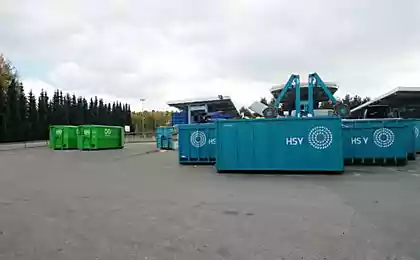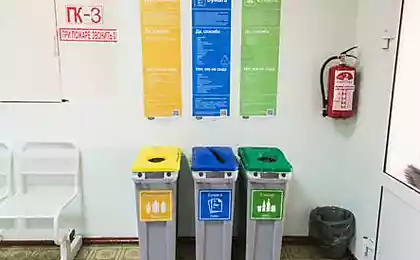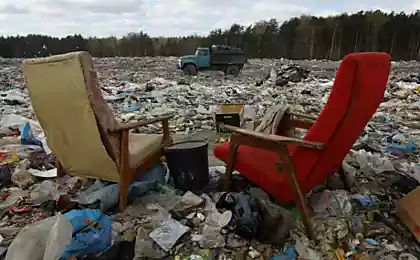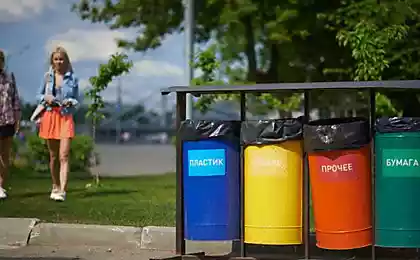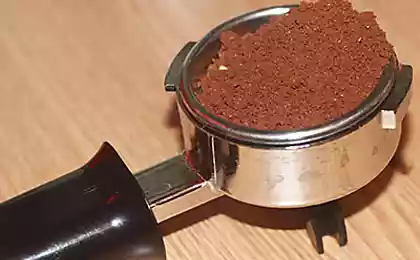468
Energy from waste coffee production
Latin America produces about 70% of the coffee in the world, but there is a hidden price we have to pay is the pollution of the environment and risk to public health.
Coffee production generates a large amount of wastewater, which without treatment is discharged into rivers, polluting mountain areas, flora and fauna. The main problem is that the polluted water that remains after production coffee, is distributed along with tons of organic waste and highly toxic substances that affect the soil and lead to the emission of greenhouse gases, particularly methane.
International pressure to solve medical and environmental problems that are caused by waste water from coffee production, currently could be the impetus in resolving this issue – farmers of Central America will use wastewater to produce energy.
UTZ Certified is a Dutch programme on sustainable agriculture, the label which mark the related products. Certified this program the project, which bears the simple name "Energy from wastewater of coffee", according to submitted applications, demonstrates the ability to protect aquatic resources, produce energy, cleansing wastewater of factories for the production of coffee.
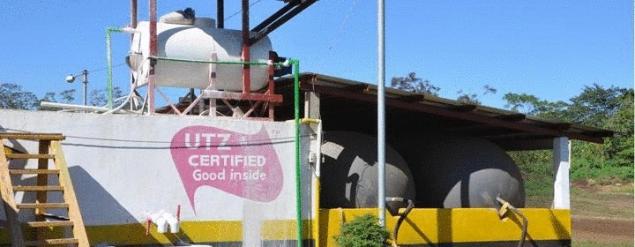
Han De Groot (De Groot Han), Executive Director of UTZ Certified, said: "Rural communities and coffee production in fact depends on a consistent supply of clean water. Therefore, if we want to talk about production in a sustainable way, wastewater must be treated before reaching the environment."
What about energy, the project has installed water purification system in which "the methane produced from wastewater, is captured in the system, providing a clean and safe biogas to run farm equipment, work kitchen stoves and other appliances."
Such a system for the treatment of waste water from coffee production were installed in eight coffee farms in Nicaragua, ten in Honduras and one in Guatemala.
Among the advantages of the system there is also the possibility of producing significant quantities of biogas and prevent the release of greenhouse gases into the atmosphere.
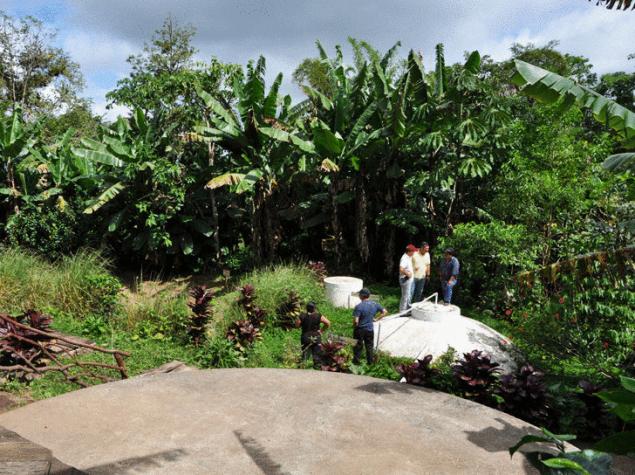
The program managers are determined to expand this initiative. The statement also notes that the project is ready to progress from pilot to further expansion, and beyond Central America.
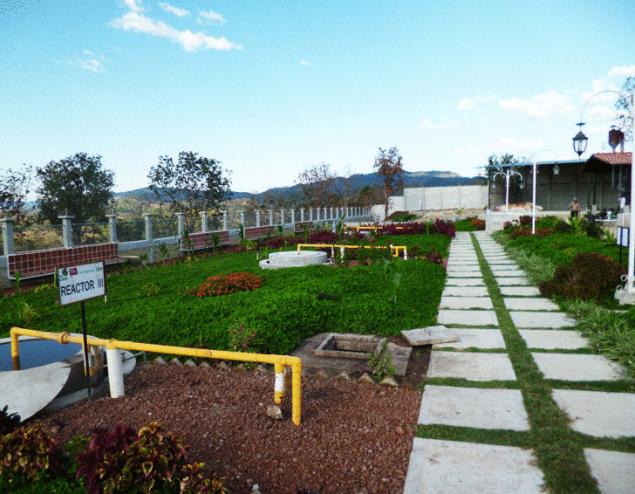
Concern about the environment, which contaminated wastewater of coffee production is manifested in international organizations for several years.
Global report Global Coffee Report in 2012 noted: "the Waste water has long been one of the most devastating byproducts of coffee processing. Researchers are beginning to apply cost-oriented approach to provide the necessary means factory for the production of coffee for reduction of hazardous wastes". Ken Calvert (Ken Calvert), a retired engineer for energy and waste management, explains this concern by scientists that "the effluent from wet and semi-wet processing is rich in organic substances of high toxicity. The result may be a decrease in the level of oxygen in the water, and it can kill virtually all aquatic life".
Source: facepla.net
Coffee production generates a large amount of wastewater, which without treatment is discharged into rivers, polluting mountain areas, flora and fauna. The main problem is that the polluted water that remains after production coffee, is distributed along with tons of organic waste and highly toxic substances that affect the soil and lead to the emission of greenhouse gases, particularly methane.
International pressure to solve medical and environmental problems that are caused by waste water from coffee production, currently could be the impetus in resolving this issue – farmers of Central America will use wastewater to produce energy.
UTZ Certified is a Dutch programme on sustainable agriculture, the label which mark the related products. Certified this program the project, which bears the simple name "Energy from wastewater of coffee", according to submitted applications, demonstrates the ability to protect aquatic resources, produce energy, cleansing wastewater of factories for the production of coffee.

Han De Groot (De Groot Han), Executive Director of UTZ Certified, said: "Rural communities and coffee production in fact depends on a consistent supply of clean water. Therefore, if we want to talk about production in a sustainable way, wastewater must be treated before reaching the environment."
What about energy, the project has installed water purification system in which "the methane produced from wastewater, is captured in the system, providing a clean and safe biogas to run farm equipment, work kitchen stoves and other appliances."
Such a system for the treatment of waste water from coffee production were installed in eight coffee farms in Nicaragua, ten in Honduras and one in Guatemala.
Among the advantages of the system there is also the possibility of producing significant quantities of biogas and prevent the release of greenhouse gases into the atmosphere.

The program managers are determined to expand this initiative. The statement also notes that the project is ready to progress from pilot to further expansion, and beyond Central America.

Concern about the environment, which contaminated wastewater of coffee production is manifested in international organizations for several years.
Global report Global Coffee Report in 2012 noted: "the Waste water has long been one of the most devastating byproducts of coffee processing. Researchers are beginning to apply cost-oriented approach to provide the necessary means factory for the production of coffee for reduction of hazardous wastes". Ken Calvert (Ken Calvert), a retired engineer for energy and waste management, explains this concern by scientists that "the effluent from wet and semi-wet processing is rich in organic substances of high toxicity. The result may be a decrease in the level of oxygen in the water, and it can kill virtually all aquatic life".
Source: facepla.net


